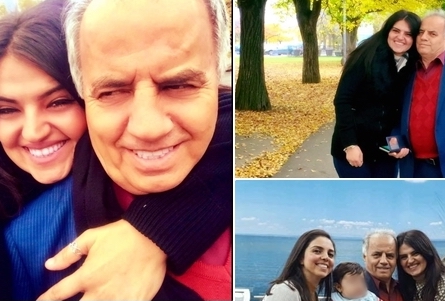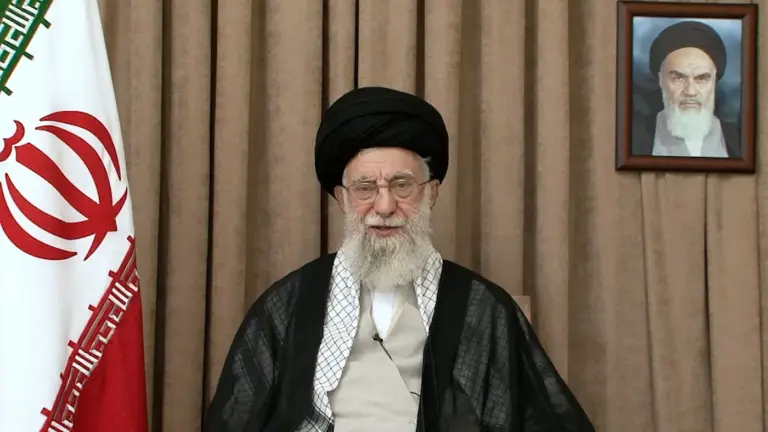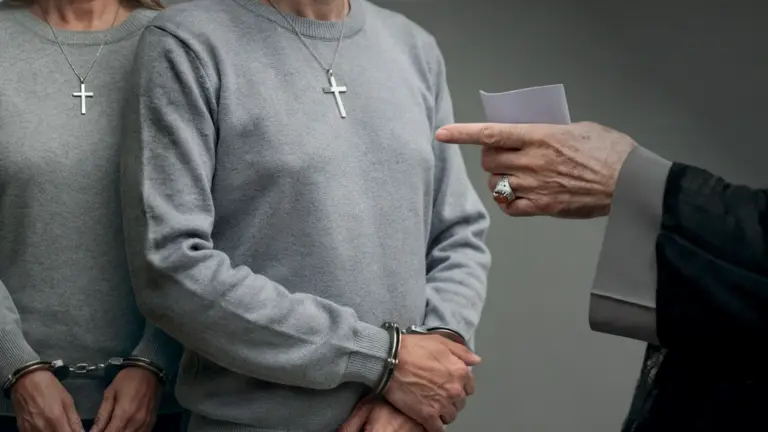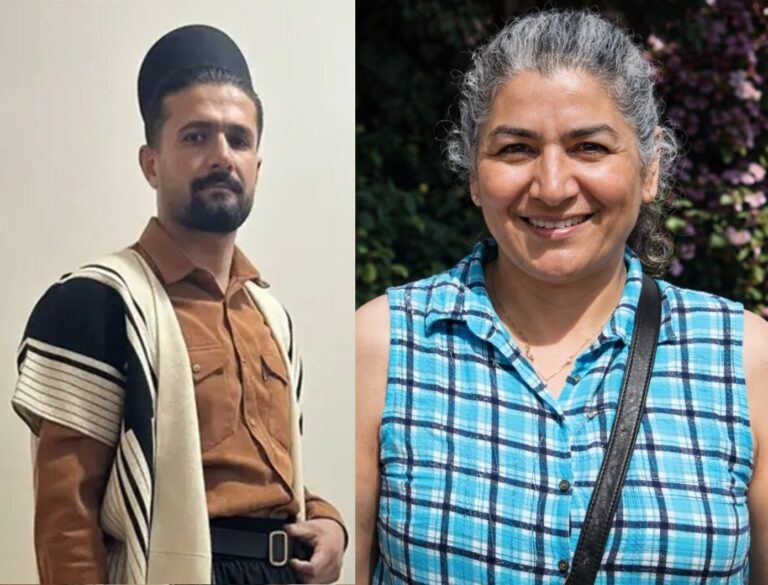The US secretary of state has highlighted the hypocrisy of top Iranian officials sending their children to schools in America while at the same time claiming that Iran offers its citizens all the freedom and opportunities they need.
“You have the very people that are destroying the way of life for ordinary Iranians all across the country, but they’re sending their kids … because they’re wealthy, because they’ve stolen from you, they’ve taken your money, corruptly, in a way that has really harmed the good, hard-working people of Iran … they’ve taken your money and they’re sending their kids abroad to go to school, to shop, to benefit from the very freedoms that we have here in the United States, because they know their country is not good enough for their own people. It’s good enough for you, but it’s not good enough for their families,” Mike Pompeo said in a video message broadcast by USA dar Farsi, the State Department’s virtual Iranian Embassy, on 10 February.
“So we’re looking at this. We too find it troubling that they’re sending their family members abroad – not troubling for us but troubling for Iran – and we’re very hopeful that we can find a way forward, so that the Iranian people will have good lives in their country; they won’t need to come here to the United States to find liberty and freedom and prosperity.”
In July last year, the former head of Iran’s Central Bank, Mahmoud Bahmani, caused a stir when he claimed more than 5,000 privileged youths from influential and well-connected families were studying abroad and held a total of $148 billion dollars in their foreign bank accounts – an amount exceeding Iran’s foreign exchange reserves.
Iranians reacted by venting their frustrations on social media using the hashtag #Where_is_your_kid. The term “Aghazadeh”, referring to young people who abuse the power and influence of their relatives for personal social, political or financial gains, has since become part of the everyday vocabulary of Iranians.
USA dar Farsi’s video message showed photographs of some of the officials in question – including Foreign Minister Mohammad Javad Zarif – and of their children shopping for clothes in America and driving expensive-looking cars.
Assyrian representative another culprit

The Assyrian Representative in Iran’s Islamic Consultative Assembly, Yonathan Betkolia, is another of the officials whose children and other relatives live in the US, even though he has been an outspoken critic of American interference in Iran and a defender of Iran’s human-rights record and particularly the rights of the Christian minority he represents.
Despite his position as representative for Iran’s Christian minority, Betkolia has been instrumental in putting pressure on church leaders, and in the closure of at least two churches.
At the same time, he has called Iran a “paradise” and the “safest place in the world” for religious minorities, and said Assyrian Christians – a recognised minority in Iran – need no protection from foreign powers.
Responding to claims in 2017 from the former US Secretary of State, Rex Tillerson, that there was no religious freedom in Iran, Betkolia declared: “This claim cannot be true, as all religious minorities have their rights and freedoms in Iran.”
He added that religious minorities in Iran were free to conduct their religious ceremonies and that the US and other Western countries should follow Iran’s example.
“The Iranian government does not allow anyone to attack and violate our values, while we can all see that in some Western countries religious minority leaders have been attacked by extremists and no-one has stood up for them,” he said.
He also criticised the reports of the former UN Special Rapporteur on Human Rights in Iran, Ahmed Shaheed, who highlighted violations of the rights of religious minorities in Iran.
Betkolia’s other public comments include:
40 years of brutality
On the 40th anniversary of the Iranian Revolution last week, Article18 looked back at Iran’s treatment of its Christian minority over the four decades since the ayatollahs came to power. Ayatollah Khomeini promised freedom and religious freedom for all Iranians, but the reality has been very different, with several church leaders brutally murdered and hundreds of church members jailed or forced into exile.
US leaders including the president, Donald Trump, national security advisor, John Bolton, and ambassador for international religious freedom, Sam Brownback, each released messages on their Twitter profiles, criticising the Iranian regime for its rights violations over the past 40 years.
Last month, Article18 published its inaugural annual report, documenting the “unprecedented” wave of arrests just before Christmas as the culmination of a year in which Iran continued to violate the rights of its Christian minority.
Amnesty International noted the arrest of at least 171 Christians last year in its report, which called 2018 Iran’s “year of shame”.



0 Comments
Trackbacks/Pingbacks